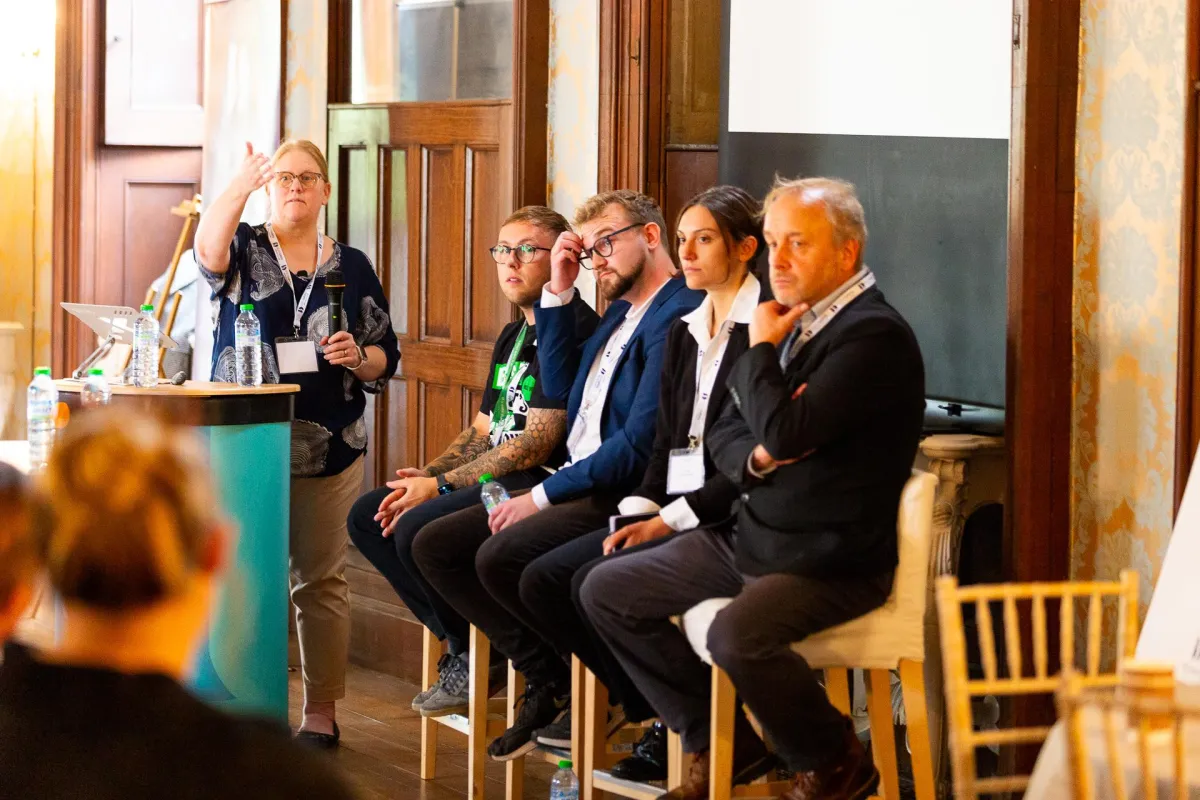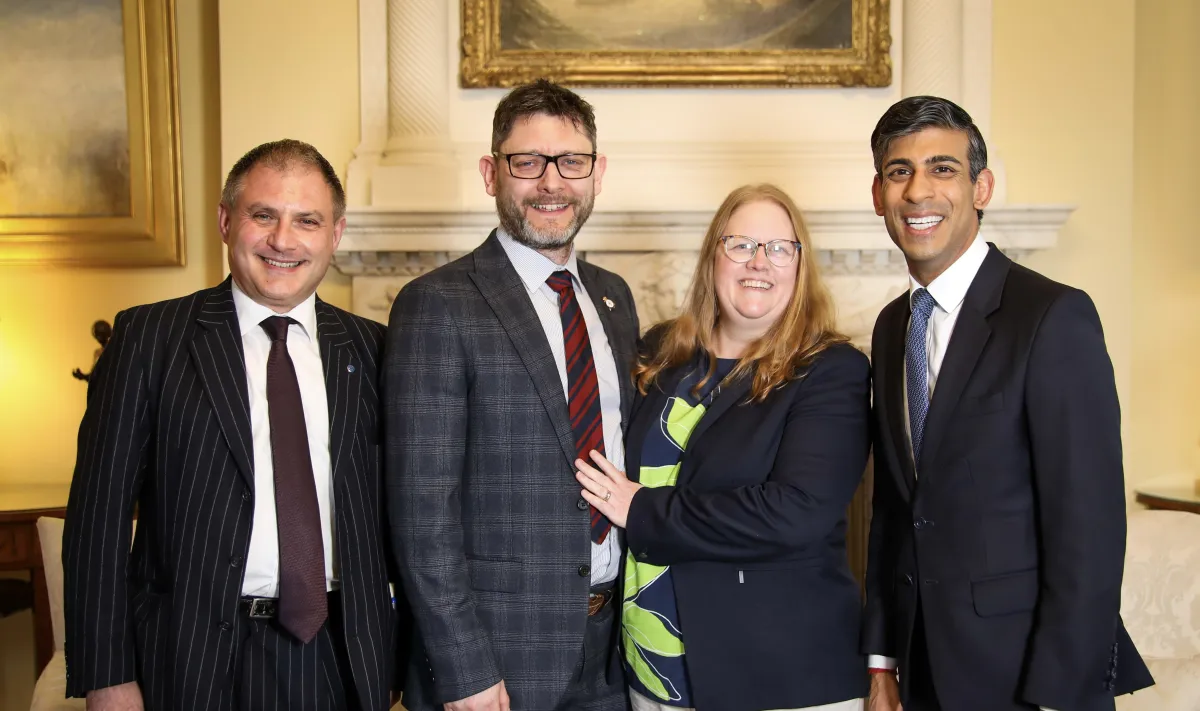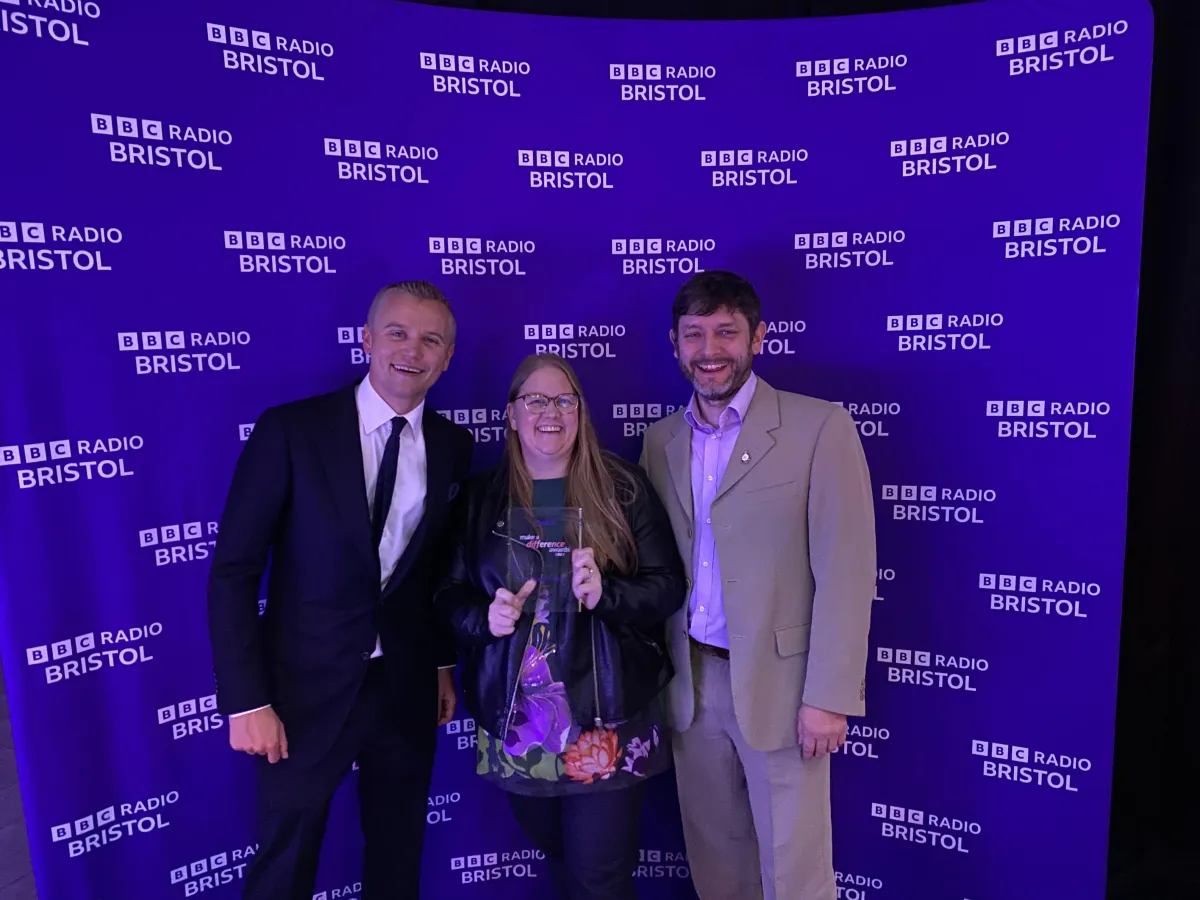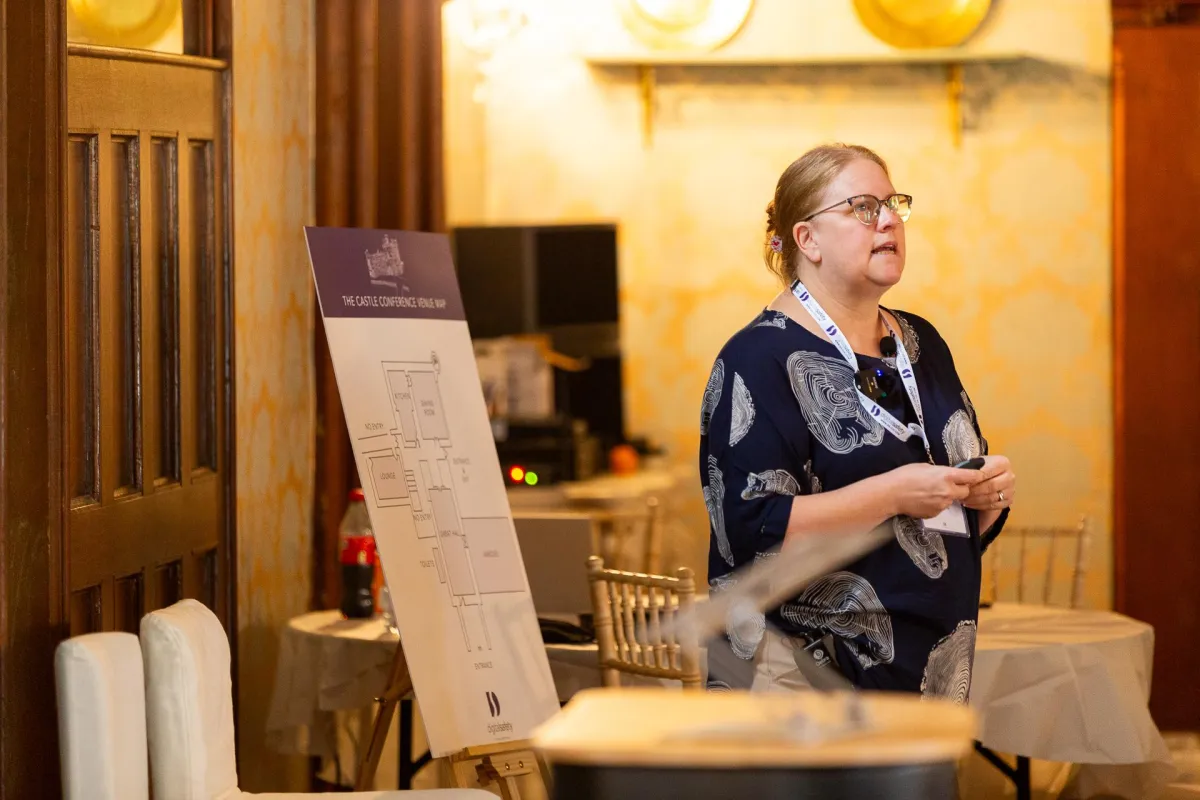
Lucy Smith
Speaker, Facilitator, Compare
Inspiring audiences & making a difference
Neurodiversity | Managing Change | Resilience
Life Stories | Social Enterprise
Authentic storytelling that makes a difference
Hi, I am Lucy!
Some people call me the "pocket rocket". I think that is because I have passion and energy to bring out the best in an audience.
I have been working with audiences for almost 25 years in many guises - Lecturer, radio presenter, drama teacher, children's entertainer (I have been a professional fairy) facilitator, compare and speaker.
As a speaker I believe there has to be some substance behind us and I sure have that too. Not being able to settle and always saying "YES" to opportunities has led to a whole lot of experience that informs my work and my presentations.
At my core I am a purpose led social entrepreneur who loves to start a conversation about topics that matter.
I start those conversations with stories some that will surprise and some that will inspire. I talk about some difficult stuff and combine my unique expertise and knowledge.
Relatable, authentic and thought provoking
Lucy x
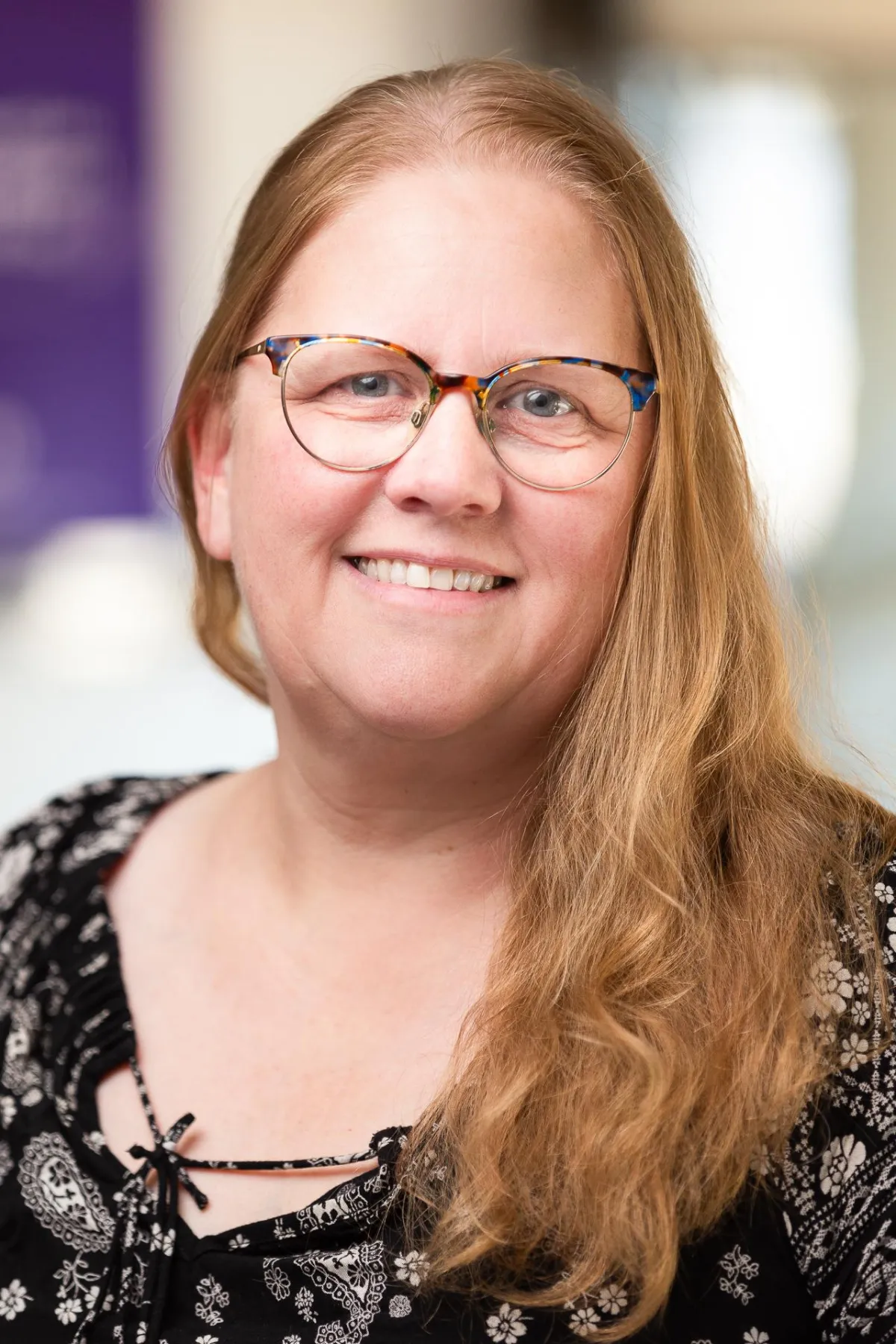
Neurodiversity
What is your perspective?
I come from a range of different perspectives when I talk about neurodiversity. From pedagogy, organisation development and leadership, research, personal and family and real lived experience. With a a strengths based approach I talk positively and with passion about change and neurodiversity in work, school and community.
I engage audiences to get them thinking and start conversations that will make and does make a lasting difference.
Change Management
Let me meet you at your
bus-stop
In the world of change management, it's not about imposing a new route; it's about understanding where you're starting from.
I have spent a decade working with senior leaders in transformational change where I have learned that change is often an individual journey and we will all join that journey from a different bus-stop.
I combine theory with reality and always have an eye on the future.
Life Stories
The secret change agent
A wealth of stories based on real lived experience with plenty of lessons for the future. Spilling some my secrets on here would be giving away some of my best work which you will want to hear straight from the source.
Oh, okay, let's just say I can talk about resilience, royalty, and some really fun stuff from a career in international law enforcement,
Social Enterprise
Making a difference - the torch that lights the stars
Lighting people up to make sustainable change happen is a big part of what I do. From setting up a community radio station to developing an innovative and groundbreaking conference around digital wellbeing and young people.
I talk the talk and walk the walk when it comes to social enterprise, from grass roots to engagement at the highest levels right up to Downing Street.
What do other people say?
Don't take it from me, here is what others say about working with me.
Listen online
Podcasts, interviews and YouTube
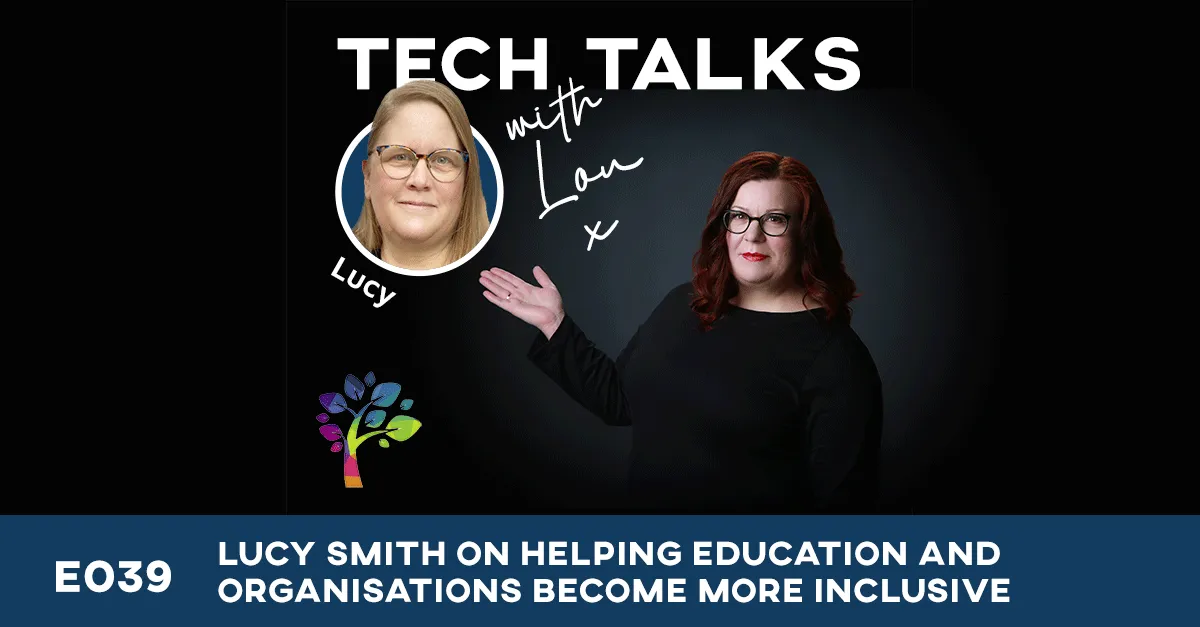
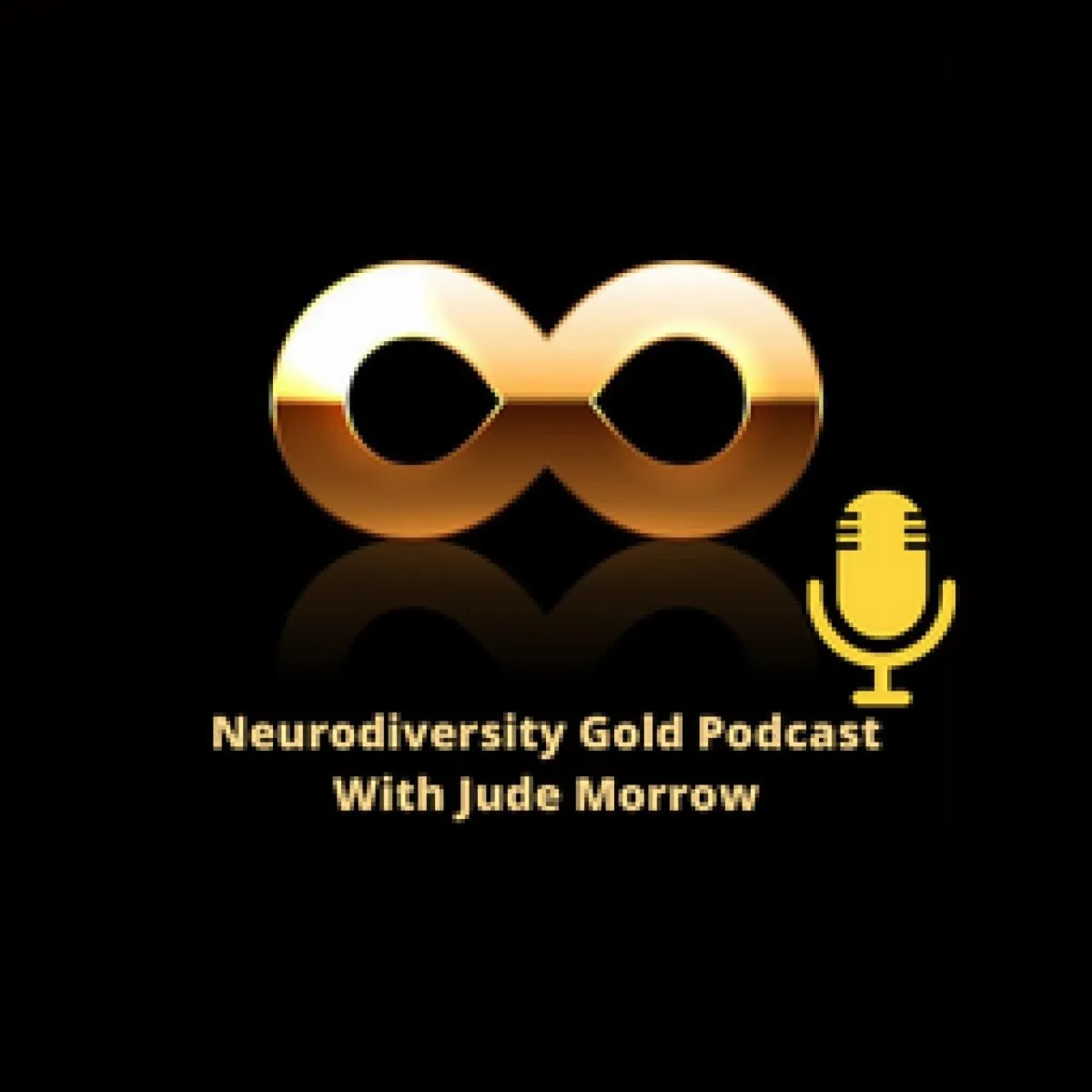
Read more
The blog
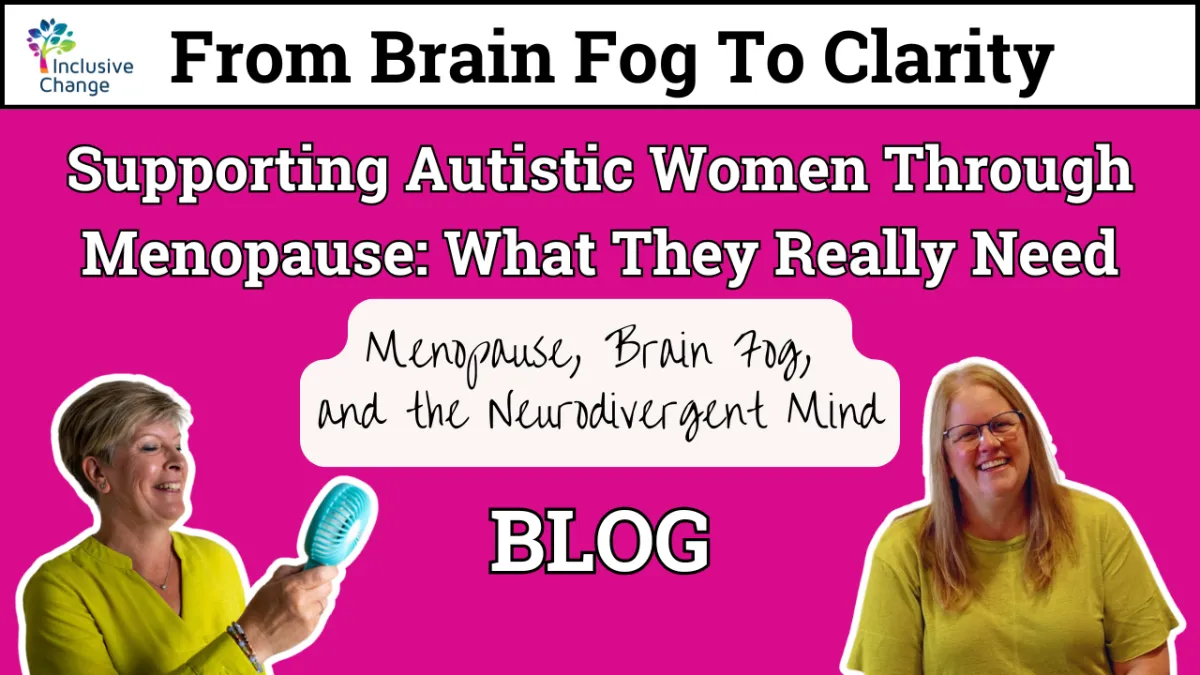
Supporting Autistic Women Through Menopause: What They Really Need
Supporting autistic women through menopause isn’t about offering sympathy or handing out pamphlets.
It’s about understanding how neurological difference meets hormonal upheaval - and creating systems, conversations, and environments that honour that experience.
Whether you’re an employer, colleague, healthcare provider, or someone navigating this yourself, here’s what true support looks like.
1. Understand the sensory impact
Menopause can amplify existing sensory sensitivities. Autistic women may find clothing textures, sounds, light, and temperature regulation harder than ever.
Support tip:
Create or request low-stimulation environments: quieter offices, dimmer lighting, comfortable dress codes.
2. Respect need for routine
Disrupted sleep, foggy thinking, and hormonal shifts can make change feel unbearable. Routine is often a lifeline.
Support tip:
Offer advance notice for changes at work. Keep meeting structures consistent. Honour predictable schedules where possible.
3. Recognise emotional overload
Mood swings, emotional sensitivity, and shutdowns are real. This isn’t rudeness or being 'too emotional' - it’s neurological and hormonal flooding.
Support tip:
Allow space for breaks. Don’t penalise emotional responses. Encourage slower, thoughtful communication styles.
4. Avoid vague feedback
Many autistic women find ambiguity confusing or stressful, especially when cognitive capacity is already strained.
Support tip:
Offer clear, specific feedback. Avoid hints or implications. Name things directly but kindly.
5. Don’t force group interaction
Social burnout is common in both autism and menopause. Add workplace pressure to 'be a team player', and it’s a recipe for shutdown.
Support tip:
Make socialising optional. Respect preferences for solo work. Let people opt out without judgement.
6. Honour autonomy and dignity
Autistic women navigating menopause are not fragile, they’re just rarely supported in ways that truly honour their needs.
Support tip:
Ask: “What would make this easier for you?” And trust the answer, even if it’s different from what you’d expect.
7. Believe lived experience
Most autistic women have spent decades being told they’re wrong, dramatic, or 'too much'. They know their bodies and brains. Believe them.
Support tip:
Validate their insights. Create environments where they don’t have to defend their needs.
8. Offer menopause education tailored to neurodivergent women
Standard menopause support often assumes a neurotypical experience. It doesn’t include the masking, sensory, and cognitive challenges that autistic women face.
Support tip:
Signpost or offer access to inclusive, neurodivergent-affirming workshops and coaching.
Menopause doesn’t have to be devastating. With the right kind of support, it can be a turning point, a chance for autistic women to stop masking, start naming, and feel truly seen.
That’s what From Brain Fog to Clarity was built for.
Let’s do support differently.
Some of the Companies Inclusive Change Have Worked With


Inclusive Change Ltd
The Brightwell, Bradbury House
Wheatfield Drive
Bradley Stoke, Bristol
BS329DB
Reg no: 12412464
Copyright 2023 - Inclusive Change Ltd
VAT NO: 352 1564 17
ICO Reg: ZB081779
UK Register of Learning Providers: 10090652
Column Header
Lorem ipsum dolor sit amet consecetuer lorem ipsum
Organically grow the holistic world view of disruptive innovation
At the end of the day, going forward, a new normal that has evolved
Column Header
Lorem ipsum dolor sit amet consecetuer lorem ipsum
Organically grow the holistic world view of disruptive innovation
At the end of the day, going forward, a new normal that has evolved
Column Header
Lorem ipsum dolor sit amet consecetuer lorem ipsum
Organically grow the holistic world view of disruptive innovation
At the end of the day, going forward, a new normal that has evolved






